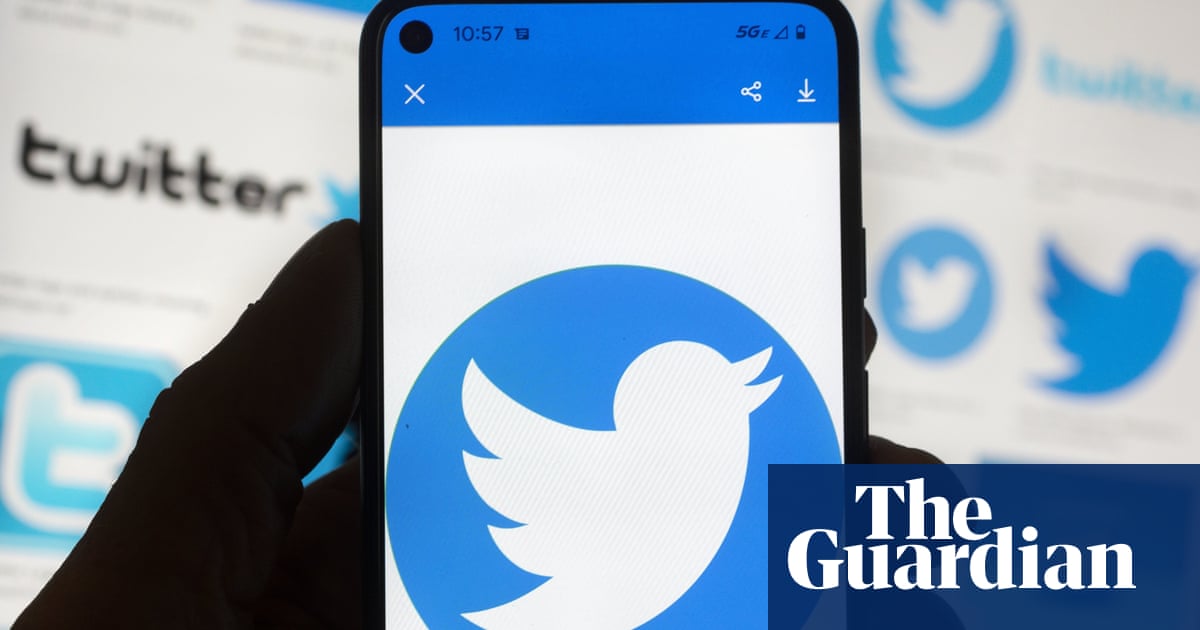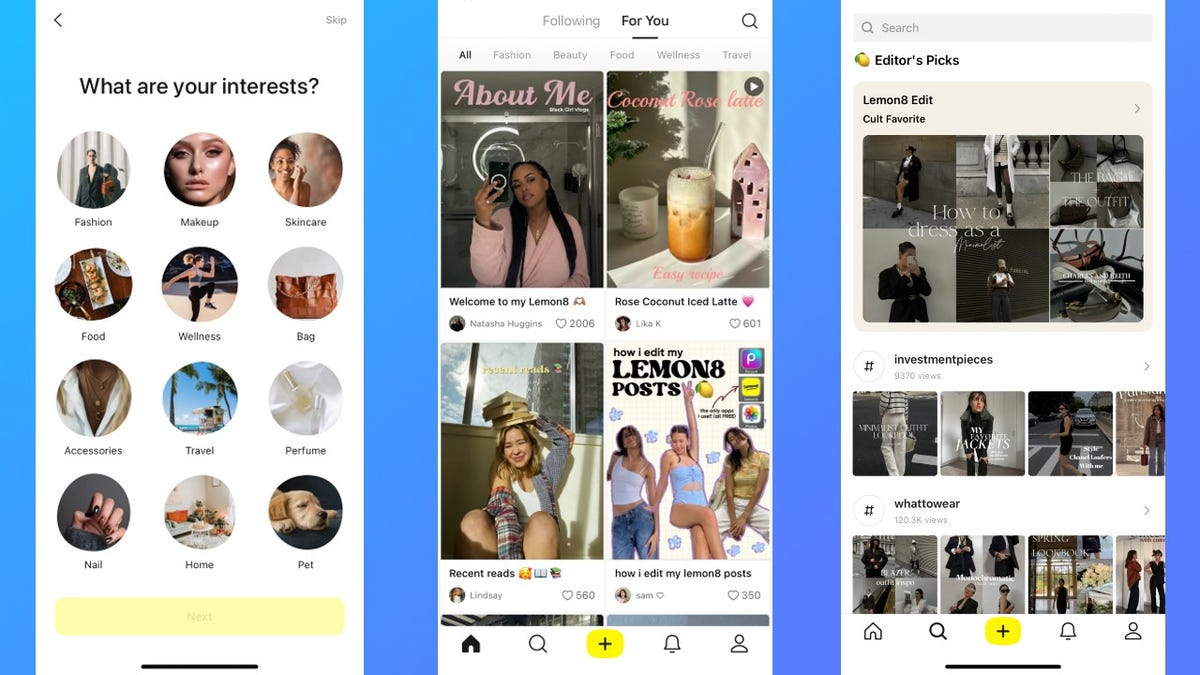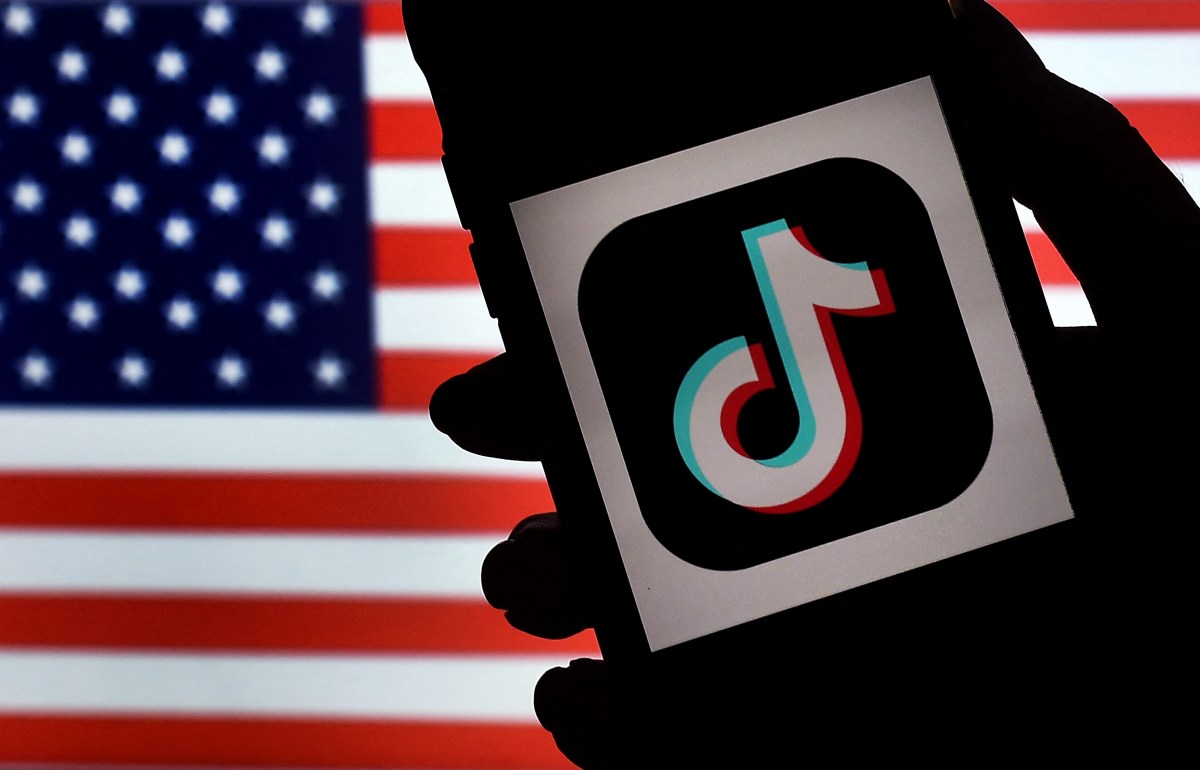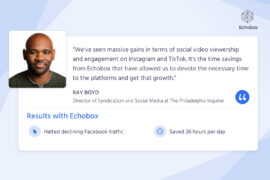In this week’s Roundup: Elon saves face, TikTok’s CEO testifies before Congress and how AI could become the next battleground between the US government and Big Tech.
News
What a few days for Twitter.
On Tuesday Elon Musk unveiled changes to the platform’s algorithmically curated “For You” timeline that would only show tweets from accounts who had paid for a blue tick. Only, according to Alex Hern at The Guardian, when this proved to be a horrifically unpopular idea, Musk announced that he had simply forgotten that this wasn’t true at all, and that the timeline would also feature tweets from followed accounts regardless of whether they had shelled out for a blue tick.
Musk had originally said that limiting access to the For You section to paid accounts would help to combat bot accounts – a particular bugbear of his since he first announced his plan to acquire Twitter.
Admirable chutzpah or emergency plan B, or maybe both. ZDNET’s Jada Jones writes that TikTok parent company ByteDance has a new app out in the US and UK called Lemon8, and it seems to be gaining users at exactly the same time that TikTok is facing mounting regulatory issues.
Except this new app isn’t actually that new. Lemon8 has been around for a few years under the name Sharee and has proven to be quite popular in East Asia. Now, however, investment in the platform has ramped up with influencers being paid to create content and promote the platform on TikTok.
The platform reportedly places a greater focus on e-commerce without heavy-handed advertising, a technique known as “planting grass.”
Analysis
Speaking of TikTok, this week TikTok CEO, Shou Zi Chew, gave testimony to a Congressional committee about the app amid a potential ban for the platform in the US.
Shou’s showdown with lawmakers occurred in the context of bipartisan scrutiny of the company, its relationship to the Chinese government and protections for younger users.
Here are The Guardian’s Kari Paul and Johana Bhuiyan with a detailed explainer about the hearing.
So, who could be the biggest winners if TikTok is banned? According to analysis from brokerage firm Bernstein, it could well be those companies that have already invested in aping the platform’s functionality have the most to gain.
As reported by Ivan Mehta at TechCrunch, they argue that features such as Reels for Facebook and Instagram have put the companies in strong positions to catch TikTok users who have become accustomed to the short-form video format.
Beyond that, however, unsurprisingly all the companies that have been adversely affected by the rise in popularity of TikTok should see positive effects from its disappearance in the US.
AI
AI could be the next frontier in the battle between the FTC and Big Tech, writes Adi Robertson in The Verge.
FTC Chair Lina Khan, alongside Jonathan Kanter, Assistant Attorney General for the Justice Department’s antitrust division, have warned that the sheer amount of data needed to train AI models puts the field at inherent risk of anticompetitive behavior.
According to Kanter, “markets that are inherently dependent on scale often present a greater risk of having deep moats and barriers to entry. It’s really important that we understand that.”
The warning comes as the FTC seems ready to gear up for action against Amazon for a multitude of alleged violations of antitrust law.
Lastly this week, Wendy Liu at The Atlantic, poses a pertinent question: if AI is trained on our labor in the form of data, where’s our money?
The question of who profits from AI is a fraught one. In her article, Liu notes that OpenAI, the creator of GPT-4 is set to see annual revenues in excess of $1bn in the next year, but the beneficiaries of that income probably won’t be distributed equitably, creating vast pools of wealth for only a few.
This is a problem seemingly endemic in the tech world, where giant companies outsource much of the unglamorous but vital work to poorly paid contractors with insecure job protections.





/cdn.vox-cdn.com/uploads/chorus_asset/file/24542737/1249642666.jpg)



